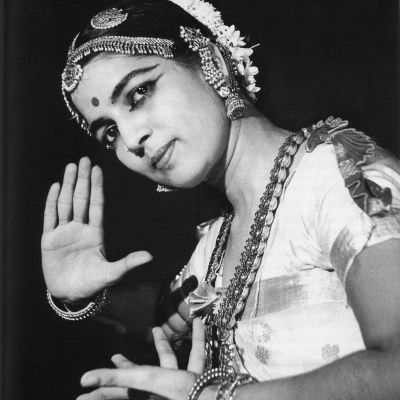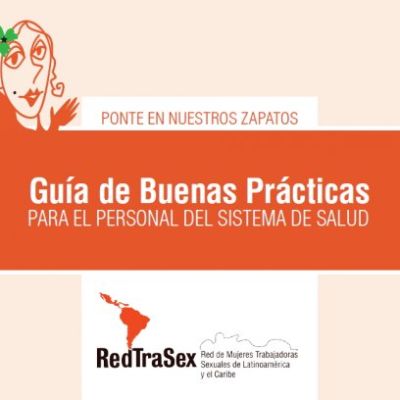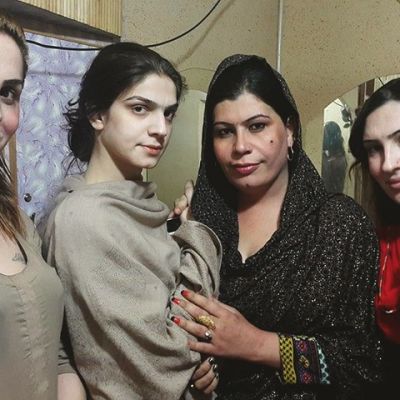Voices
She was 17 when she was rescued from a dance bar. Now she’s 18 and she wants to go back. As an adult. And dance again. That’s what Alisha wrote in a letter to the Child Welfare Committee.
Alisha’s letter may be one of a kind. It doesn’t matter. It may even be a scam of sorts, in that she was pushed to write it. Doesn’t matter. What’s interesting is the jumble that it throws up, if you look at her choices through eyes that are not hers.
My sexual desires may not be what certain people called ‘normal’ and I could not share this with my so called friends as I thought they would consider me weird. Surprisingly a woman in my hometown introduced me to the world of Kink. She was a regular housewife and with her for the first time I got to know what I actually needed and wanted and it went on for a good amount of time till I moved out of that place for many reasons.
Feminist critiques are often critiques of relationship structures: marriage, the joint and nuclear family, monogamy, and heteronormativity. Patriarchy, fundamentally a system of inheritance, finds a natural home in these structures.
This is why I’ve often wondered: how do feminists imagine and navigate romantic relationships? Do they have to constantly be thinking about and watching out for the many ways in which power, privilege, autonomy and entitlement manifest in their relationships and dating culture? It seems rather unromantic to do so.
A multitude of views are recorded when couples are interviewed about their sex lives and relationships. It is often found that while women are more concerned about the way they look and how they react to their partners’ moves (including women’s need to fake orgasms), men worry more about things like performance. It is safe to assume that all of us have sexual insecurities.
So, what can be done about insecurity?
Editor’s Note: This is a continuation of the first part of the article published on 1 March, 2016. To think…
Mainstream media is beginning to pay attention to men’s relationship with abortion – a welcome counterpoint to the anti-woman, anti-abortion rhetoric Men’s Rights Activists (MRAs) spew on the topic.
Often when we speak of families and family history, we talk genetics, traditions and inheritance of all kinds. Somehow our relationship by blood or otherwise to a clan is supposed to help us identify our place in the universe. So there’s family medical history, family culture, family traditions of food and career. But sexuality? A family history that focuses on sexuality? What would that even mean?
In the debates around the need to expand the rights that accrue through marriage to same-sex couples, what is often lost are the forms of legal recognition of relationships not in the nature of marriage or blood. As the nature of traditional relationships changes across India, with more people opting to live singly or with friends, we really need to begin thinking seriously about new forms of legal recognition.
What exactly does being ‘comfortable with your sexuality’ mean? From a young age, all children, especially girls, are taught about specific ‘values’, and how we all need to behave in a certain manner or else we’re being ‘inappropriate’. However, I think the term ‘inappropriate’ simply means, “You should be ashamed of your body and should only think about concealing yourself”. And then our teachers and elders and others around us expect us to be automatically comfortable with our sexuality and with how we look, all the while trying to control us and impose their ideas on us.
“How different it would be if for a moment health care providers could feel what we feel when we go to a hospital and are challenged…”
And so, the women sex workers of RedTraSex (Network of Women Sex Workers from Latin America and the Caribbean) developed Ponte en Nuestros Zapatos (re-edited 2015). Now, reaching out to a wider community, is the brand new English version Walk in our Shoes: Good Practices Guide for Health Care Staff (2016, translated by Alejandra Sardá-Chandiramani). Yes, it is so brand new that it is not up on their website as yet, though we have permission to use it here.
In Peshawar alone, the community consists of over 500 transgenders. At least 20 per cent of these have AIDS. Their risk of contracting AIDS is higher, since 59 per cent of khawaja saras report to have at least one sexually transmitted infection.
Sex work remains a highly contested issue. In most places in the world, societies and laws impose horrendous stigma and abuses on sex workers. But even within human rights movements there are disputes about whether sex work should be seen as labour or as exploitation…
Who is this person? What does this person want? Is it random cruising? Is money the goal, is it adventure? Why does it make me think of selling strawberries by the dusty roadside? I don’t have a single answer. Sex work is a lurking unknown in the world of sexuality.
Abortion and sex work share the distinction of being topics on which even feminist activists sometimes find it difficult to remain non-judgmental, confronting feminists with the question: to what lengths are we really willing to go to respect and enable women’s choices and bodily autonomy?















